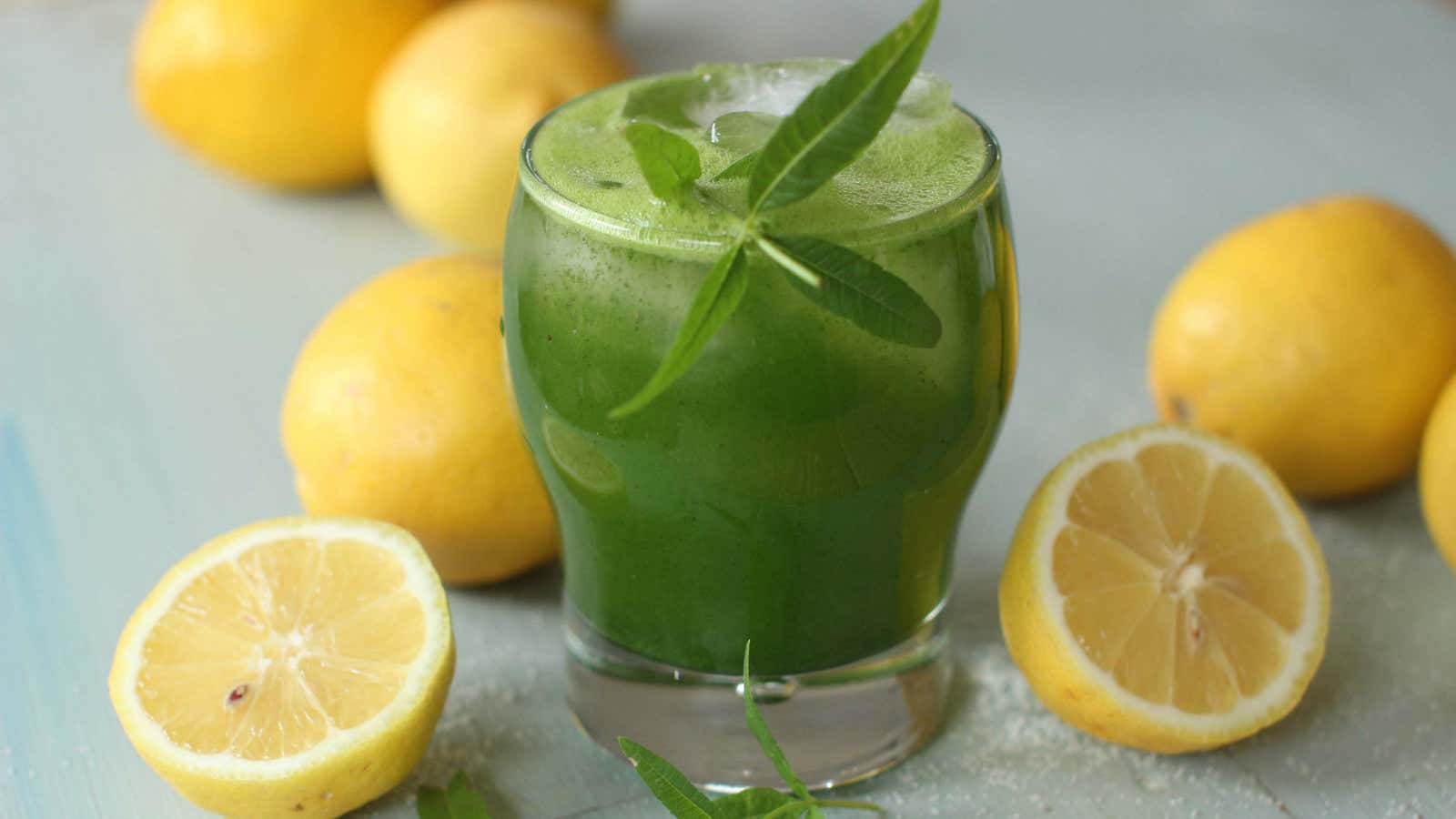India’s fast-moving consumer goods (FMCG) companies want to cash in on the country’s oldest medicinal science.
The market size of Ayurvedic products in Asia’s third largest economy is expected to grow at 15% between 2016 and 2020, according to Nomura, the Japanese broking firm. In the last five years, the market has grown at a compounded annual growth rate of 10.7%.
Ayurveda is an ancient Indian medicinal system (pdf) that mostly uses herbal and mineral-based medicines to treat a range of ailments. Though its current market is still small—around Rs5 crore—the opportunities are significant. So, existing companies are aggressively launching products in this category, even as newer players record robust growth.
Take, for instance, Patanjali Ayurveda. Founded by yoga guru Ramdev, it is now among India’s top 10 FMCG firms (by revenue) and is rapidly expanding. Patanjali Ayurveda’s USP: the company says all its products are free of many unhealthy chemicals—including Monosodium Glutamate (MSG)—found in brands of many other FMCG majors. Patanjali has cast its web across a range of categories, from instant noodles and pasta to soaps and biscuits.
Even established companies such as Hindustan Unilever (HUL)—India’s largest FMCG player—are now vying for a share of the pie.
In December, HUL acquired the Indulekha hair oil brand to strengthen its Ayurvedic portfolio. The company currently has Ayurvedic products under the Ayush brand. Others such as Dabur and Godrej Consumer Products (GCPL) are launching new products, too. GCPL, for instance, has launched a “neem mosquito coil, creme hair colouring containing coconut oil and new variants in natural soaps,” the Nomura report said.
This latest round of interest in the Ayurvedic segment, according to Nomura, is because of changing consumption patterns.
“Consumers are returning to their roots and are interested in natural Indian products free from chemicals, as they are perceived to be safer. This increased demand is most noticeable in three segments: food and beverages, hair and skincare, and alternative therapy services,” the report said.
Meanwhile, in some segments, purely Ayurvedic brands are increasingly matching up to their global peers. For instance, in face-cleansers, Himalaya Drug Co—a firm that makes only Ayurvedic products—has seen its market share increase from 10.6% in 2005 to 17.1% in 2014. This at a time when HUL’s share has dropped from 34% to 33% in the same period.




